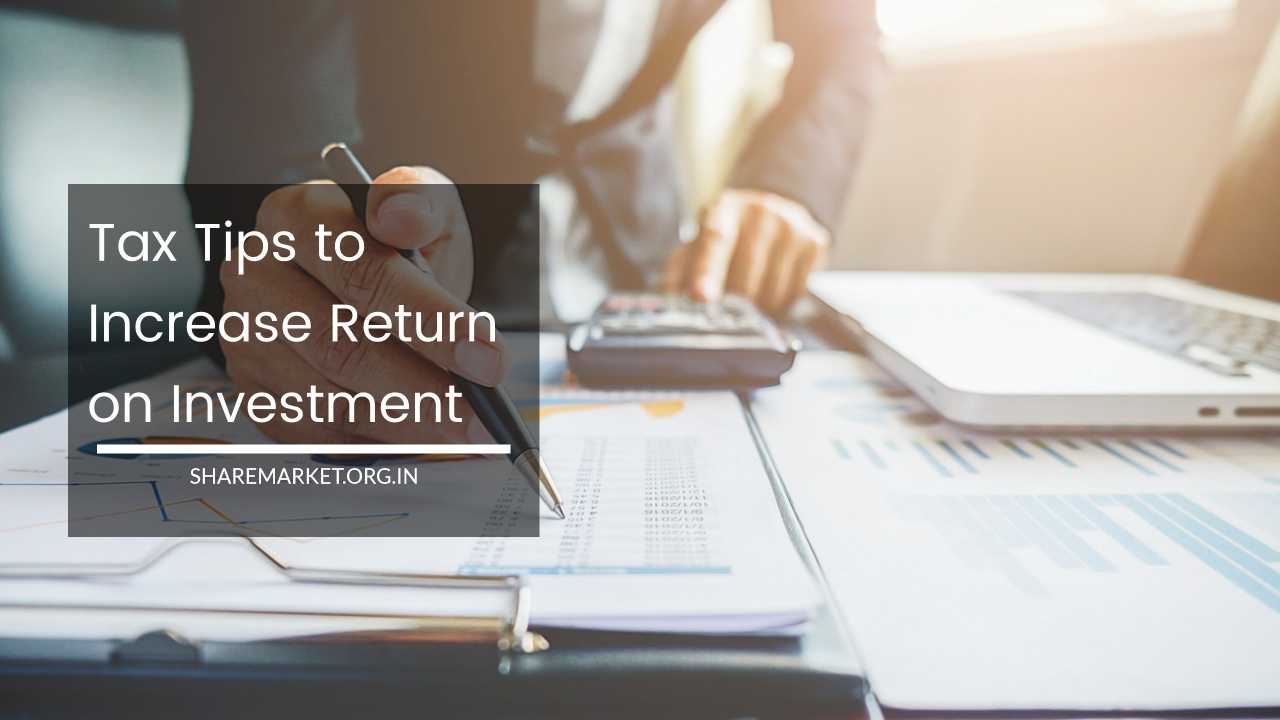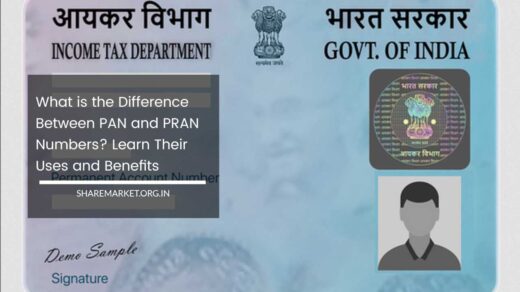Tax Tips to Increase Return on Investment

As a salaried individual, you cannot avoid paying tax. If you are earning more than the tax-free income limit, you are liable to pay the applicable tax rate.
The tax you have to pay depends on the tax bracket and your age. As your income increases, so does your tax liability.
Here, investment is also necessary to keep the future financially secure. That’s why a balance of both is necessary.
Taxes take away a major portion of your salary, so it is important to be well-versed in tax-saving investment options. so that they can maximise your returns. Here we will give you some tips, following which you can maximise your returns while saving tax.
Understand Section 80C
First and foremost, understand Section 80C of the Income Tax Act. This will allow you to avail tax exemption on an annual investment of up to Rs. 1.5 lakh.
Options like PPF, NPS, and tax-saving mutual funds will help you save tax on investments up to Rs 1.5 lakh. This will reduce your taxable income.
Invest in the Name of Your Parents or Grandparents
If your parents are over 65 and in a low income tax bracket, you can invest in their name to earn tax-free interest.
It is worth noting that adults above the age of 60 are entitled to a basic exemption of Rs 3 lakh.
Also, if your grandparents are over 80 years of age, the exemption will be Rs 5 lakh. You can also invest in his name to save tax and increase your returns.
Investment in Children’s Names
Investing in the names of your children once they turn 18 can help you maximise your returns.
All investments made in the name of a minor child are covered under the clubbing provisions of the Income Tax Act, and the parent has to bear any tax liability of the child until the child turns 18.
However, after the age of 18, the child will be treated as a separate entity for all tax purposes and investments.
You will not be liable to pay tax on any money you give to your children as a gift for investment.
Invest in the Name of the Spouse
A gift of money to your spouse for personal expenses is not taxable. You can use this provision to invest the gifted money in multiple tax-saving instruments, thus maximising overall returns and saving tax.
Book Regular Profits From Equity-oriented Instruments
Gains from equity instruments (stocks and equity mutual funds) are taxable in the short term as well as in the long term. Hence, it is wise not to book any trips within a year.
In addition, capital gains attract a 15% short-term capital gains tax. There is no tax on capital gains booked after one year if the total gain is up to Rs 1 lakh.
However, if the profit booked exceeds Rs 1 lakh, you will be liable to pay long-term capital gains tax at a rate of 10% on the profit above Rs 1 lakh.
Thus, from the point of view of reducing the tax, after one year, a profit of up to Rs 1 lakh can be obtained.
The same money can be reinvested simultaneously or later when the market offers you good opportunities.

















